The Breakfast Machine By Simone Giertz



The Breakfast Machine by Simone Giertz
I, for one, welcome our new service-robot overloards.
[how-to guide by Simone]
More Posts from Curiositytherover and Others

The strange tale of the Snowflake Man
Wilson Bentley caused a flurry with his pioneering pictures of individual snowflakes, and his results are astonishing – so why was he seen as an oddball outsider?

Pale Blue Dot, taken by Voyager 1 in 1990 as it left the Solar System, 3.7 billion miles away.
Source: https://imgur.com/Hc4lkLG
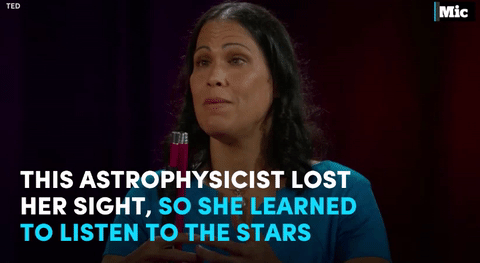










follow @the-future-now
Is It Ok To Hold In Farts…?
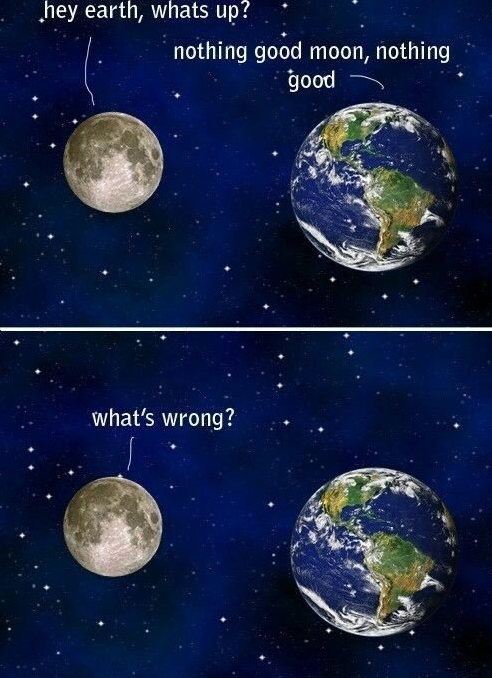

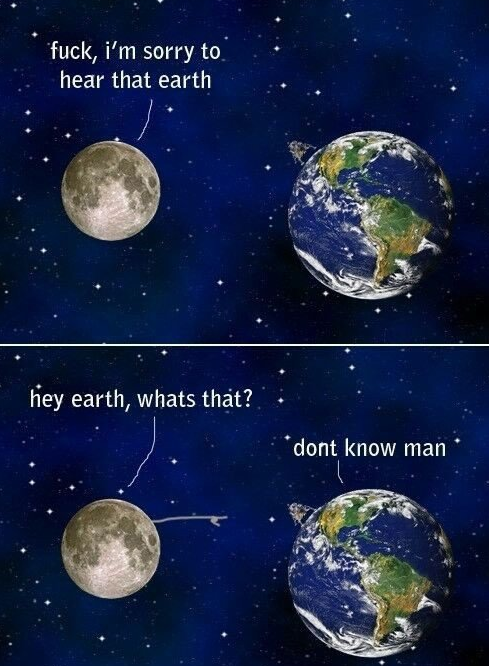
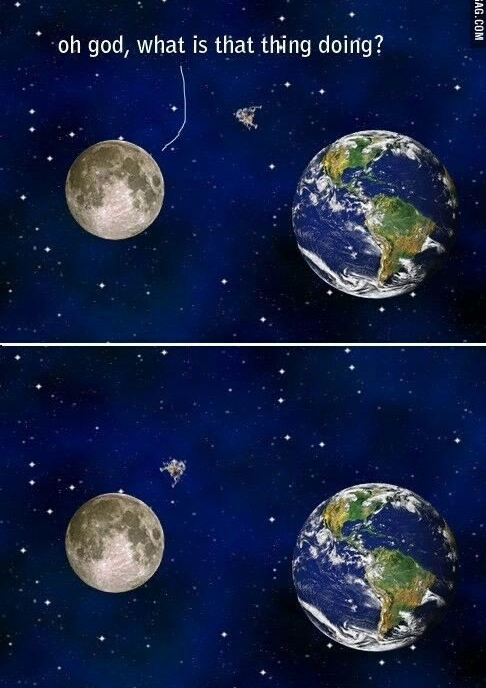
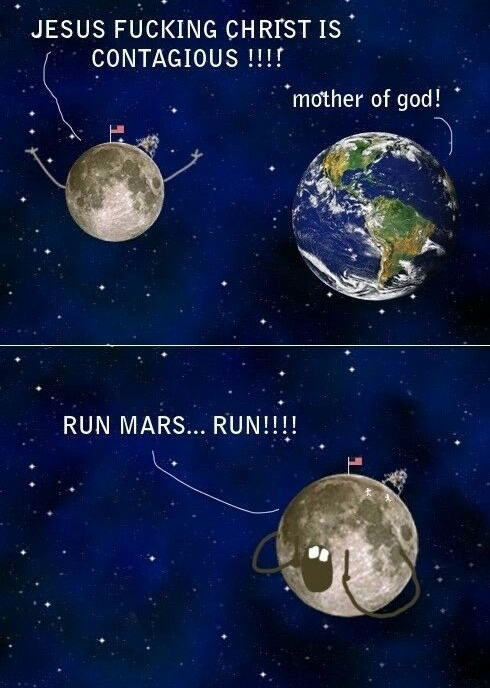
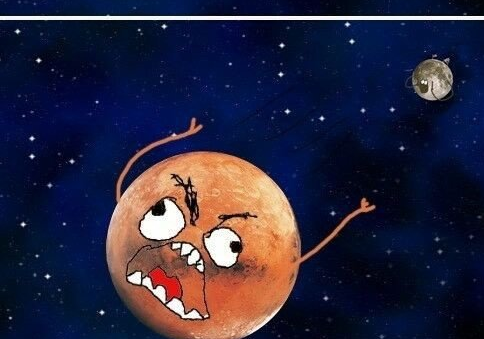
Solar System: Things to Know This Week
Our solar system is huge, let us break it down for you. Here are a few things you should know this week:
1. Closeup of a King

For the first time since it entered orbit around Jupiter in July, our Juno spacecraft has flown close to the king of planets—this time with its eyes wide open. During the long, initial orbit, Juno mission managers spent time checking out the spacecraft “from stem to stern,” but the science instruments were turned off as a precaution. During this latest pass, Juno’s camera and other instruments were collecting data the whole time. Initial reports show that all went well, and the team has released a new close-up view that Juno captured of Jupiter’s north polar region. We can expect to see more close-up pictures of Jupiter and other data this week.
+Check in with Juno
2. Getting Ready to Rocket

Our OSIRIS-REx mission leaves Earth next week, the first leg of a journey that will take it out to an asteroid called Bennu. The mission will map the asteroid, study its properties in detail, then collect a physical sample to send back home to Earth. The ambitious endeavor is slated to start off on Sept. 8.
+See what it takes to prep for a deep space launch
3. New Moon Rising

The Lunar Reconnaissance Orbiter (LRO) has already mapped the entire surface of Earth’s moon in brilliant detail, but the mission isn’t over yet. Lunar explorers still have questions, and LRO is poised to help answer them.
+See what’s next for the mission
4. A Mock-Eclipse Now

We don’t have to wait until next year to see the moon cross in front of the sun. From its vantage point in deep space, our Solar Dynamics Observatory (SDO) sometimes sees just that. Such an event is expected on Sept. 1.
+See the latest sun pictures from SDO
5. Jupiter’s Cousins

Our galaxy is home to a bewildering variety of Jupiter-like worlds: hot ones, cold ones, giant versions of our own giant, pint-sized pretenders only half as big around. Astronomers say that in our galaxy alone, a billion or more such Jupiter-like worlds could be orbiting stars other than our sun. And we can use them to gain a better understanding of our solar system and our galactic environment, including the prospects for finding life.
Want to learn more? Read our full list of the 10 things to know this week about the solar system HERE.
Make sure to follow us on Tumblr for your regular dose of space: http://nasa.tumblr.com

The oldest fossils ever discovered have been found in Greenland, and they appear to have preserved the earliest signs of life of Earth.
Dated to around 3.7 billion years ago, the fossils contain evidence of stromatolites - layers of sediment packed together by ancient, water-based bacterial colonies - and could push back the origins of life in the fossil record by 220 million years.
Read more…
7 Things That Happen When You Go To Space
Told Through Astronaut Scott Kelly’s Tweets
Astronaut Scott Kelly is currently spending a year in space. Most expeditions to the space station last four to six months. By doubling the length of this mission, researchers hope to better understand how the human body reacts and adapts to long-duration spaceflight. During this one-year mission, Kelly is also participating in the Twins Study. While Kelly is in space, his identical twin brother, retired NASA Astronaut Mark Kelly, will participate in a number of comparative genetic studies.
Here are a few things that happen when astronauts go to the space station:
1. Your personal hygiene takes on a different form:


2. Sleeping arrangements might take some getting used to:



3. Internet services will remind you of the 90s:

4. You never have to do laundry:


5. You get to become immersed in a range of different cultures:

6. All of your water is recycled…yes…that means urine too:


7. You get to see the Earth like never before:



Follow Astronaut Scott Kelly’s Year in Space mission on Facebook, Twitter and Instagram.
Make sure to follow us on Tumblr for your regular dose of space: http://nasa.tumblr.com

Meet Surena III: University of Tehran Unveils Its New Humanoid Robot
Researchers from the University of Tehran unveiled the new generation of their humanoid robot called Surena III. The robot stands 1.9 meters tall (6.2 feet) and weighs 98 kilograms (216 lb). It is also equipped with numerous sensors that includes a Kinect-based 3D vision module, and is powered by 31 servomotors. Surena III is capable of walking up and down ramps and stairs, and along irregular surfaces up to a speed of .2m/s (about 8 inches a second).
So perhaps the robot won’t be running any marathons anytime soon, but it’s still pretty remarkable. Plus, the robot was designed for other purposes besides speed.
Read more at: http://futurism.com/links/meet-surena-iii-university-of-tehran-unveils-its-new-humanoid-robot/

Scientists extend an atom’s lifetime with a mirror
Scientists from Chalmers University of Technology have been able to extend the lifetime of an artificial atom, allowing it to remain charged for up to ten times longer. They achieved this by placing the artificial atom in front of a short circuit, which acts as a mirror. The distance between the atom and the mirror affects how long the atom “lives,” which is the time from when an atom is charged to when it returns to its ground state.
Research team leader and Professor of Physics Per Delsing says, “We can vary the lifetime of the atom by changing the distance between the atom and the mirror. If we place the atom at a certain distance from the mirror the atom’s lifetime is extended by such a length that we are not even able to observe the atom.”
Know more at: http://futurism.com/links/scientists-extend-an-atoms-lifetime-with-a-mirror/
-
 gamelpar liked this · 5 months ago
gamelpar liked this · 5 months ago -
 magisource liked this · 1 year ago
magisource liked this · 1 year ago -
 nurkussmich liked this · 1 year ago
nurkussmich liked this · 1 year ago -
 ironducke liked this · 1 year ago
ironducke liked this · 1 year ago -
 the-friend-with-little-benefits liked this · 1 year ago
the-friend-with-little-benefits liked this · 1 year ago -
 grego8000 liked this · 2 years ago
grego8000 liked this · 2 years ago -
 withyourrhythm liked this · 3 years ago
withyourrhythm liked this · 3 years ago -
 aelin-queen-of-terrasen liked this · 3 years ago
aelin-queen-of-terrasen liked this · 3 years ago -
 neevarion liked this · 4 years ago
neevarion liked this · 4 years ago -
 cartoonsforlife reblogged this · 4 years ago
cartoonsforlife reblogged this · 4 years ago -
 cartoonsforlife liked this · 4 years ago
cartoonsforlife liked this · 4 years ago -
 sarah-sandwich reblogged this · 5 years ago
sarah-sandwich reblogged this · 5 years ago -
 sarah-sandwich liked this · 5 years ago
sarah-sandwich liked this · 5 years ago -
 jaehaerys1 liked this · 5 years ago
jaehaerys1 liked this · 5 years ago -
 tankerboy reblogged this · 5 years ago
tankerboy reblogged this · 5 years ago -
 the-istp liked this · 5 years ago
the-istp liked this · 5 years ago -
 newrider liked this · 6 years ago
newrider liked this · 6 years ago -
 suzen23smith liked this · 6 years ago
suzen23smith liked this · 6 years ago -
 creatingneverland liked this · 6 years ago
creatingneverland liked this · 6 years ago -
 readmangoes reblogged this · 6 years ago
readmangoes reblogged this · 6 years ago -
 ibrittadthisusername liked this · 6 years ago
ibrittadthisusername liked this · 6 years ago -
 taibur liked this · 6 years ago
taibur liked this · 6 years ago -
 x-poppa-x liked this · 7 years ago
x-poppa-x liked this · 7 years ago -
 darktecno reblogged this · 7 years ago
darktecno reblogged this · 7 years ago -
 darktecno liked this · 7 years ago
darktecno liked this · 7 years ago -
 renguagarval liked this · 7 years ago
renguagarval liked this · 7 years ago -
 kieri-rhea-miirym reblogged this · 7 years ago
kieri-rhea-miirym reblogged this · 7 years ago -
 the-technicolor-whiscash reblogged this · 7 years ago
the-technicolor-whiscash reblogged this · 7 years ago -
 pefpefstefabeth liked this · 7 years ago
pefpefstefabeth liked this · 7 years ago -
 kieri-rhea-miirym liked this · 7 years ago
kieri-rhea-miirym liked this · 7 years ago -
 shaddy-bee reblogged this · 7 years ago
shaddy-bee reblogged this · 7 years ago -
 shaddy-bee liked this · 7 years ago
shaddy-bee liked this · 7 years ago -
 typefulls reblogged this · 7 years ago
typefulls reblogged this · 7 years ago -
 all-hell reblogged this · 7 years ago
all-hell reblogged this · 7 years ago -
 all-hell liked this · 7 years ago
all-hell liked this · 7 years ago -
 crazycristof reblogged this · 7 years ago
crazycristof reblogged this · 7 years ago
